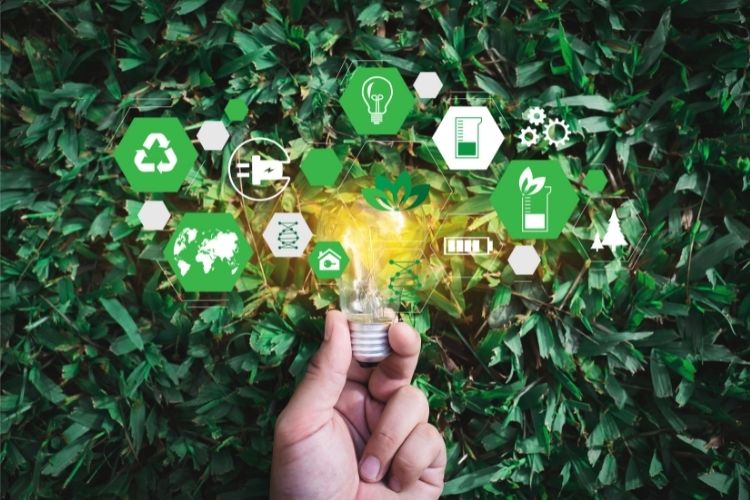Industry segments are often admonished to “go green” and become more sustainable. In the construction field, there are many areas where sustainability is both possible and needed to mitigate the impact of the emissions construction and buildings in general produce.
Companies across the vinyl value chain, for example, are making individual contributions to improving their sustainable footprints. The vinyl industry recognizes that contractors and vendors can do more, together, than any of us can do alone. So the VSC (Vinyl Sustainability Council) established the +Vantage Vinyl Guiding Principles to set the direction and parameters for what companies strive to achieve over time.
Since then, VSC has been working as an industry to make specific progress on recycling, emissions, and health and safety—areas that designers, builders, retailers, and other stakeholders have said should be prioritized. To honor of those companies that make sustained progress in meeting these goals, VSC created +Vantage Vinyl Certification.
In addition to their commitment to continuous improvement, these companies are also reporting annually on their progress. In return, they are granted the right to use the +Vantage Vinyl mark on their products—offering assurances to designers, architects, builders, and other end users that these companies have met a high bar for sustainability.
Westlake Corp.’s Westlake Royal Building Products, one of North America’s largest manufacturers and distributors of exterior and interior building products, has achieved +Vantage Vinyl certification for two years running. Westlake uses BEES (Building for Environmental and Economic Sustainability) software, which was developed by the NIST (National Institute of Standards and Technology to analyze the environmental life cycle of its products, from raw materials to waste management policies.
Westlake Royal Building Products uses PVC resin as the backbone of Royal vinyl and Exterior Portfolio vinyl siding. This is derived from components in nature, such as common salt and natural gas, that make PVC weather-resistant, chemically stable, and lightweight. The BEES software has shown that throughout its life cycle, vinyl releases significantly fewer toxic chemicals into the environment than other siding materials and has a lower overall environmental impact.
Want to tweet about this article? Use hashtags #construction #sustainability


